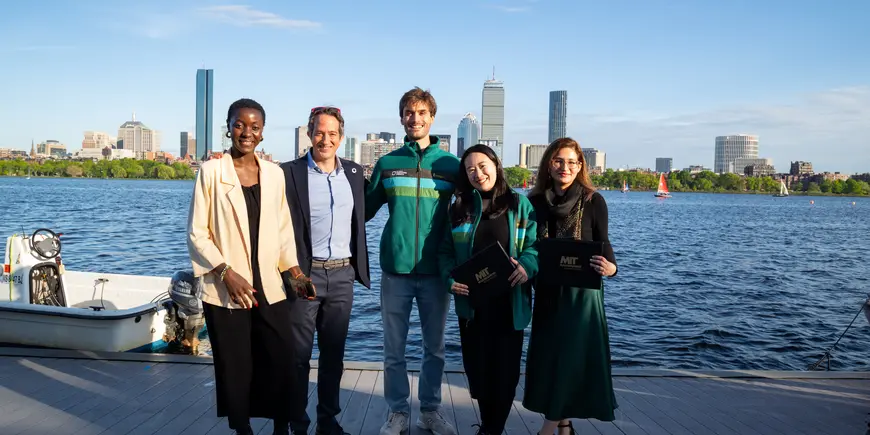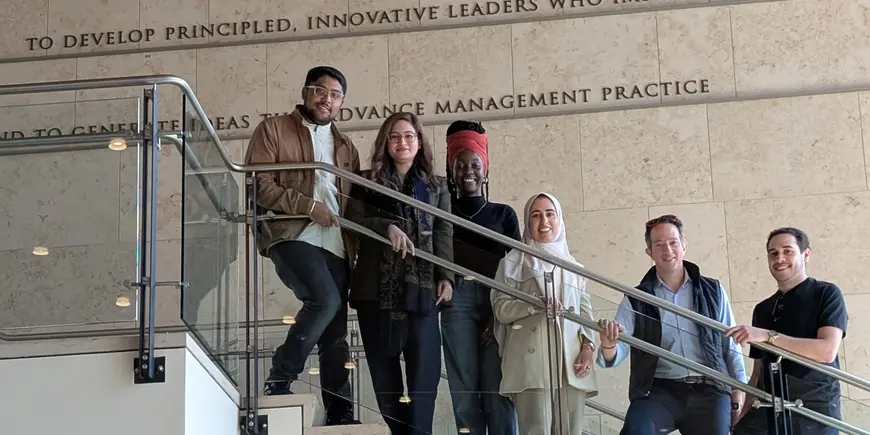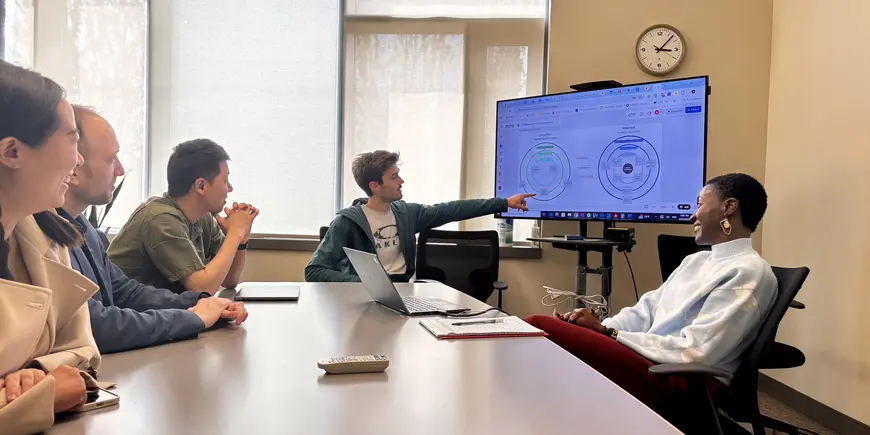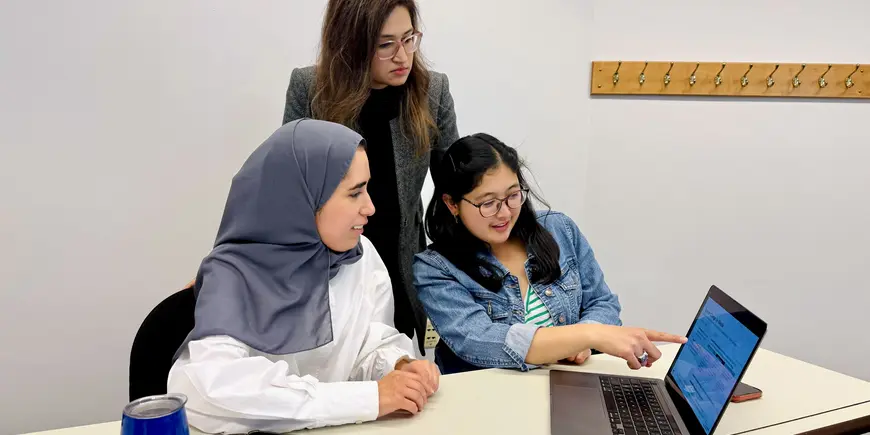Systemic investing is an emerging investment logic that aims to transform human and natural systems to deliver the best long-term outcomes for both people and the planet. This new framework is gaining traction with investors as it becomes clearer that single-point solutions are insufficient in solving the world’s biggest challenges like food waste, energy access, and more. This emerging approach to capital deployment has caught the interest of not only investors, but our MIT Sloan students as well.
Related Articles
At the beginning of the Fall 2024 semester, Hibah Khan MBA ’25 found herself exploring the nascent field of systemic investing, and seeking more examples that bridged theory into practice. “While much has been written about the need for systems change, there are still few concrete examples or tools that help investors translate that aspiration into action,” Hibah shared. In true MIT fashion, she decided to create those examples and tools herself. With the help of Sustainability Initiative director Jason Jay, Hibah co-created a new student working group to address this opportunity.
This group, named the Systemic Investing for Social Change Working Group (SISC WG), was made up of a highly diverse and multidisciplinary cohort of students with backgrounds spanning finance, sustainability, impact investing, policy, and technology. Members included Jason and Hibah as well as Hind Alhashem MBA ’25, Joan Barcelona MBA ’25, Nathaniel Ezolino MBA ’25, Alessandro Fumi MBA ’25, Sasivarnan Kanaghasalam Sathyapriya MBA ’25, Sarah Lober HKS-MBA ’25, Izzy Newman-Sanders HKS-MBA ’25, and Sustainability Initiative research scientist Idongesit Sampson.
Members of the SISC Working Group at MIT Sloan
Each working group member was paired with a host organization that wanted to move forward on their systemic investing approach, but needed support. Host organizations included individual investors, venture capital firms, alternative asset managers and family offices. Their expertise spanned sectors like clean technology, renewable energy, food systems, oceans, and indigenous economic sovereignty. And, each one had a unique problem to solve. The students spent the fall semester working to develop tools and frameworks that would enable their host organization to achieve their systemic investing goals. This was a rigorous academic and practical exercise—one where students engaged with leading experts, explored the latest research, held weekly brainstorming sessions, and co-developed new tools in close collaboration with their hosts.
The result? Stakeholder and value chain maps, refined strategic frameworks, and alternative capital structures, to name a few examples. What’s more, these students and host organizations created a microcosm of the type of ecosystem that is needed to enable systemic investing in practice: a group of diverse stakeholders with varying expertise coming together to solve a common problem.
Curious to learn more about the projects and students’ experience? Read on below to hear directly from several of our SISC WG students.

Hibah Khan
-
Pronounsshe/her
-
Degree ProgramMBA '25
-
At a glanceHibah co-created the SISC Working Group to move beyond research and into real-world experimentation and actively build the field.

Izzy Newman-Sanders
-
Pronounsshe/her

Nathaniel Ezolino
-
Pronounshe/him
SISC Working Group Highlights
-
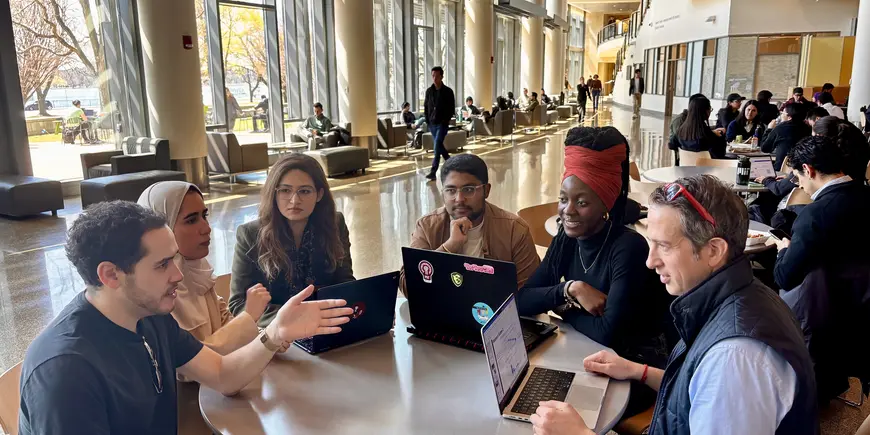
SISC Members at MIT Sloan

